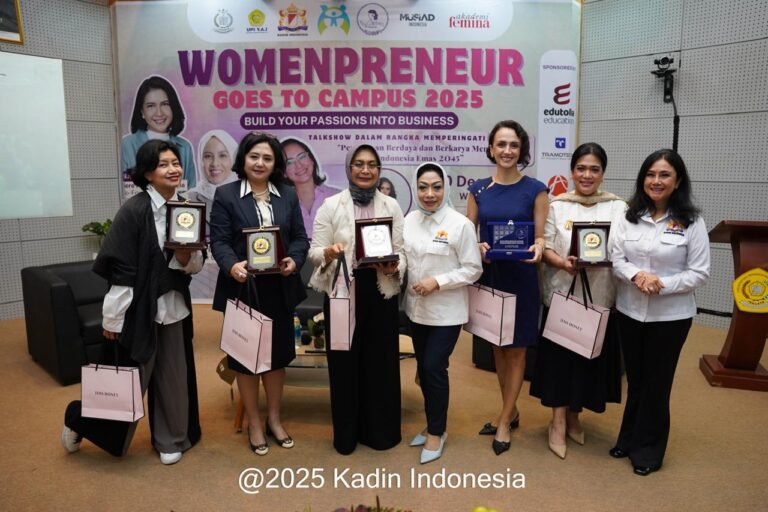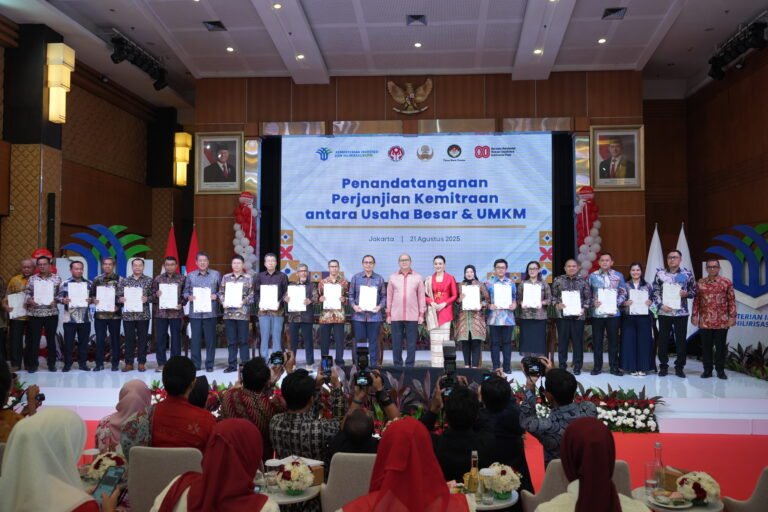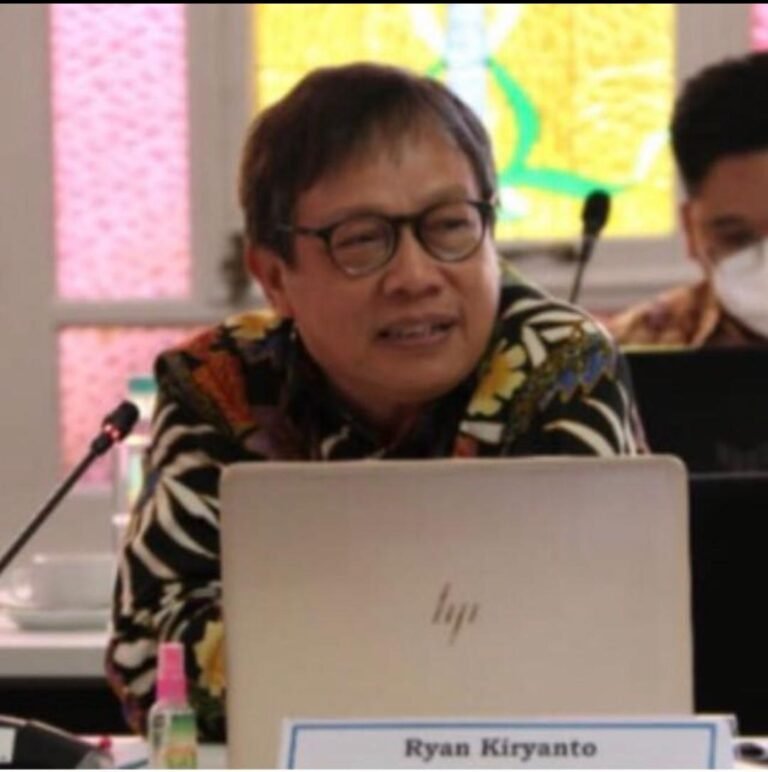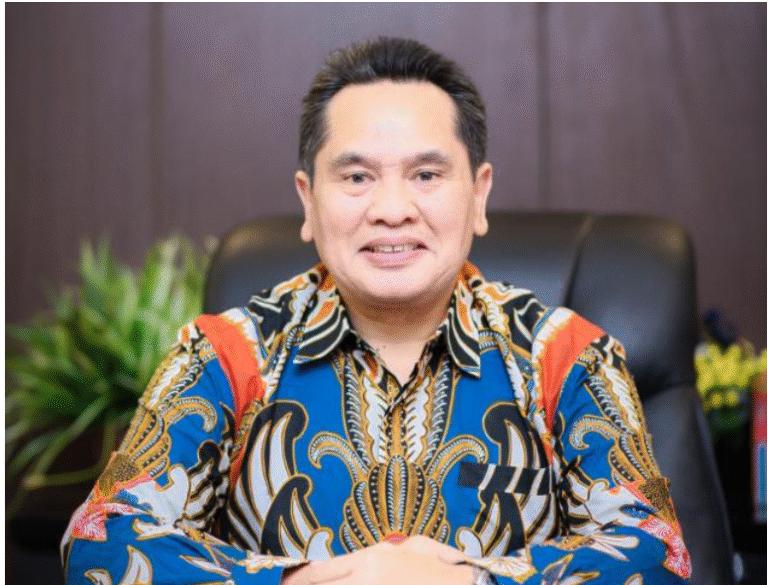
Teguh Anantawikrama. Photo: Personal collection.
By Teguh Anantawikrama*
UKMDANBURSA.COM – Indonesia’s economy is built on the spirit of entrepreneurship. From traditional market sellers to innovative tech startups, our small and medium enterprises (SMEs) form the backbone of our national economic engine—contributing over 60% of Gross Domestic Product (GDP) and employing more than 97% of the workforce.
But to fully unleash their potential, we must take a strategic leap: empowering our SMEs to own their supply chains and enabling them with digital technology.

Towards Value Chain Ownership
For too long, many Indonesian SMEs have operated on the margins of larger supply chains—serving as subcontractors or raw material providers while the lion’s share of value creation remains elsewhere, often outside our country. It’s time we reverse this pattern.
Imagine a batik producer in Pekalongan not only crafting textiles but also owning the dyeing process, controlling the logistics, and building a digital brand that reaches global buyers. Or a cocoa farmer cooperative in Sulawesi that processes beans into premium chocolate and sells it directly to Japan or the Middle East. This kind of supply chain ownership doesn’t just raise income; it multiplies impact, creating local jobs, retaining value in the region, and building long-term resilience.
This shift is not a matter of scale alone—it’s about structure, mindset, and enabling ecosystems.
Technology as the Great Equalizer
Digital transformation is no longer optional. It is the bridge that connects small-scale producers to big-league markets. Through digital tools—such as inventory apps, online marketplaces, logistics platforms, and payment gateways—our SMEs can operate with the speed, precision, and professionalism once reserved for large corporations.
Platforms like Tokopedia, Gojek, and even Instagram have already proven that micro-enterprises can compete and thrive digitally. But we must go further. Technologies like ERP for inventory and production tracking, blockchain for traceability, Artificial Intelligence (AI) for demand forecasting, and The Internet of Things (IoT) for smart farming must be made accessible and affordable for SMEs, especially those in the regions.
Let us not forget that digitalization is also the key to green transformation. Smart energy systems, waste reduction tools, and carbon tracking software will help SMEs meet both domestic sustainability goals and international compliance standards—opening doors to global green finance and ESG-focused buyers.

Building Ecosystems of Empowerment
Empowering SMEs to own their supply chains is not just a technical effort—it is a strategic national mission. Government, large enterprises, technology providers, academia, and civil society must come together to:
• Develop regional industrial clusters where SMEs collaborate across the production chain.
• Ensure digital infrastructure reaches even the most remote areas—because no SME should be left behind.
• Provide training and incentives for digital adoption, sustainable practices, and product innovation.
• Promote inclusive financing, including fintech-based microloans, impact investment, and cooperative-based funding models.
As someone deeply involved in the development of Indonesia’s MSMEs, I’ve witnessed firsthand the transformation that occurs when small businesses are given the tools and trust to grow. Whether in tourism, agriculture, or manufacturing, the formula is the same: ownership, technology, and empowerment.
Toward a Self-Reliant and Competitive Indonesia
We are entering a new era—where global value chains are shifting, digital economies are rising, and sustainability is no longer optional. Indonesia must not merely adapt; we must lead—by empowering our 64 million SMEs to become owners, innovators, and exporters.
Let us move from being a nation of resource suppliers to becoming a nation of value creators.
And in doing so, we not only grow our economy—we uplift our people.
*The author, Teguh Anantawikrama, is Vice Chairman of the Indonesian Chamber of Commerce (KADIN) and an active advocate for MSME empowerment, digital transformation, and inclusive economic development.***







1 thought on “Empowering Indonesian SMEs Through Supply Chain Ownership and Digital Transformation”